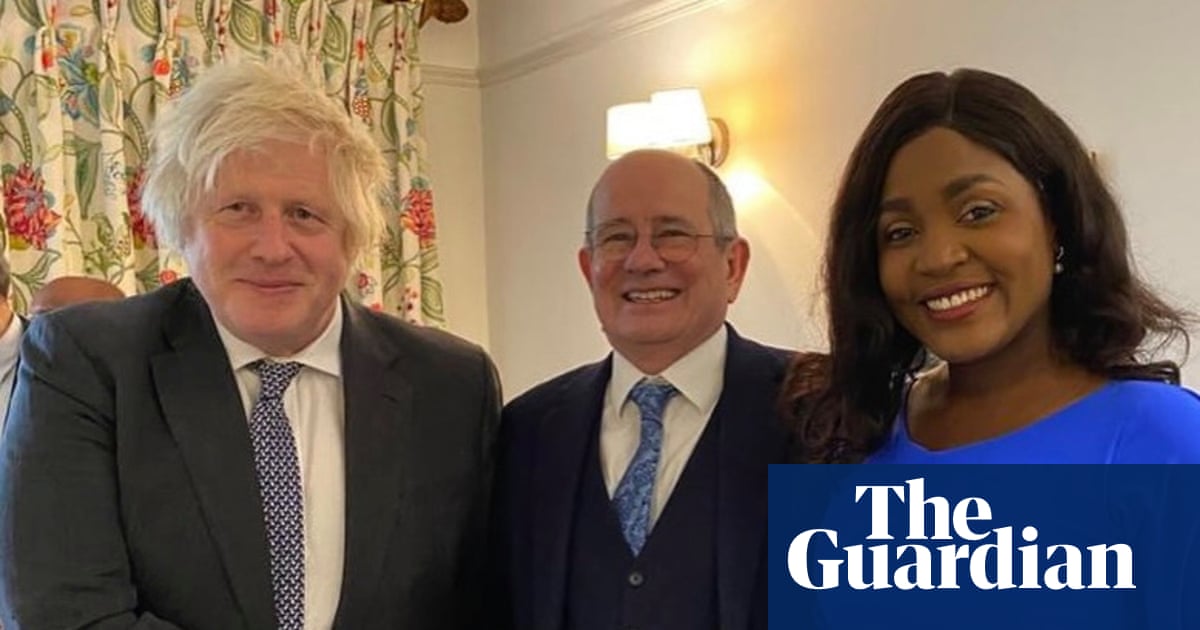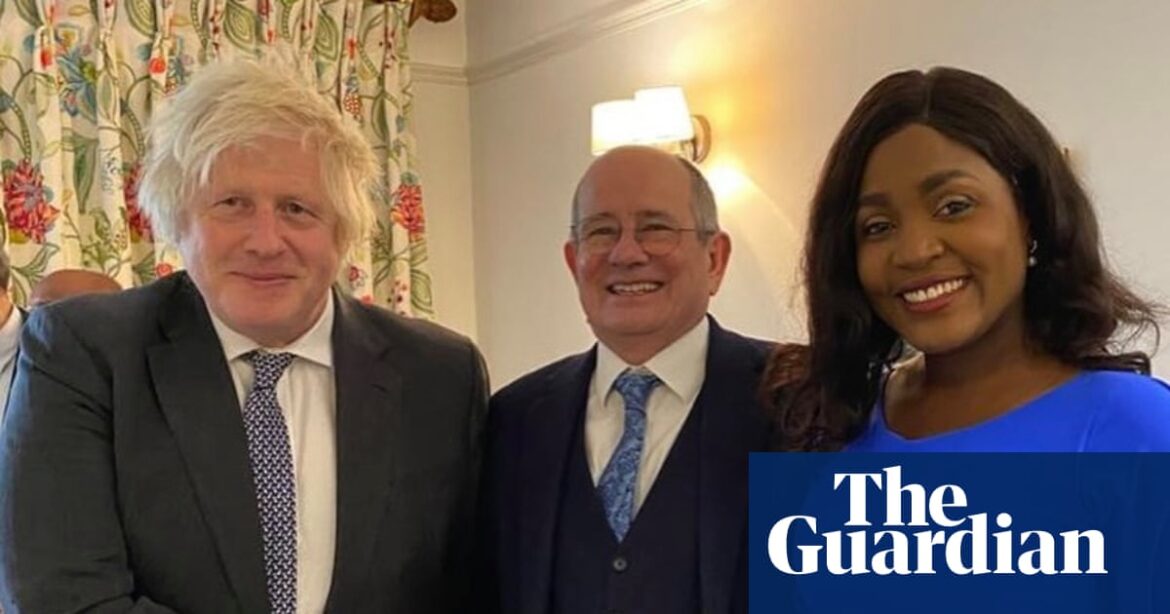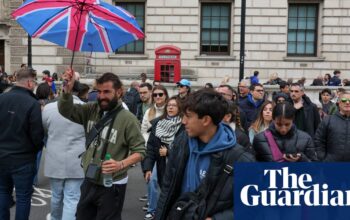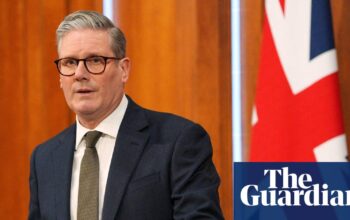
A leading barrister who cleared the University of Buckingham’s vice-chancellor of wrongdoing over his relationship with a young Indian woman did not have access to evidence relevant to the investigation.
The university commissioned Joseph O’Brien KC to investigate James Tooley over allegations he had an inappropriate relationship with the woman.
His inquiry was triggered after the vice-chancellor’s wife, Cynthia Tooley, discovered the woman’s diaries and intimate WhatsApp messages between the pair, which she alleged raised questions about her husband’s conduct.
Cynthia Tooley handed the diaries and WhatsApp messages to the university, which suspended the vice-chancellor in October 2024 over potential safeguarding concerns and initiated the inquiry.
Last month, O’Brien concluded the allegations were not substantiated and the vice-chancellor has now been reinstated. He is expected back on campus next week.
However, the Guardian can reveal that, during his investigation, O’Brien did not have access to the diaries or WhatsApp messages, which are understood to have run over hundreds of pages and shed light on the nature of his relationship with the woman.
The KC is understood to have been persuaded not to review the documentary evidence by Tooley’s lawyers, Griffin Law, who argued the materials were confidential and if they formed part of the inquiry it would breach his privacy.
One senior source at the university, who spoke on the condition of anonymity, said they believed the investigation was therefore flawed.
“It is difficult to draw proper conclusions if you haven’t got access to the full evidence base. It is drawing conclusions on the basis of a partial evidence base, which is not satisfactory,” they said.
Another senior staff member at the university, who also spoke on the condition of anonymity, said Cynthia and James Tooley were the principal individuals interviewed as part of the inquiry, meaning it was “essentially one person’s word against another”.
Lawyers for Tooley maintain he was exonerated by O’Brien’s investigation. They said the suggestion that the inquiry was constrained because of lack of access to the diaries and WhatsApp messages was “baseless”.
They also said that O’Brien “spoke to” the young woman in India during the investigation. However, three sources familiar with the investigation said she was not formally interviewed by him.
Tooley’s imminent return to campus will come at a fraught time for the university, amid division among its leadership.
After his suspension, Tooley filed a formal grievance against members of the council whom he accused of seeking his removal because of their opposition to his “political views and beliefs”.
O’Brien also investigated that grievance in a separate investigation, and concluded it was “wholly without merit”. Tooley’s lawyers reject that conclusion, insisting he was targeted because of his political beliefs as part of an “attempted coup”.
One of those accused by Tooley in his grievance was Mark Qualter, the chair of the university’s council. He emailed staff last week to complain about misreporting of the vice-chancellor’s suspension from “certain elements of the media”, which he said had been “unhelpful” and “unsettling”.
The Guardian understands that there are also unresolved questions about the extent to which O’Brien’s investigation into Tooley’s relationship with the woman in India amounted to a full exoneration of the vice-chancellor.
In a council meeting on 27 January, after the report’s conclusion, members unanimously agreed with a subcommittee’s recommendation that there were no grounds to dismiss him. Qualter’s email to staff said the council was in “complete agreement” on this point.
However, there were divisions among council members on other points. Some members believed Tooley had been fully exonerated. Others disagreed. One university document seen by the Guardian states that “a full range of views” was expressed on the question of whether he had been exonerated.
It is understood that some members of the council raised concerns about whether it was appropriate for someone in charge of a university to have such a relationship in light of safeguarding considerations. One source with knowledge of the council meeting said Tooley’s “judgment was questioned”.
The University of Buckingham is understood to have a large intake of students from India, including some who are a similar age to the Indian woman when they first met.
Tooley reportedly knew the woman’s father, and paid her tuition fees. According to the Times, Tooley’s friends said this was a charitable gift and their intimate relationship began after she left university.
The Indian woman told the newspaper that she was 18 when she met Tooley and they did not begin a sexual relationship until she was in her 20s. She said she was in love with him and “people will say he used me because he has power and money. But that’s not the case.”
Source: theguardian.com



